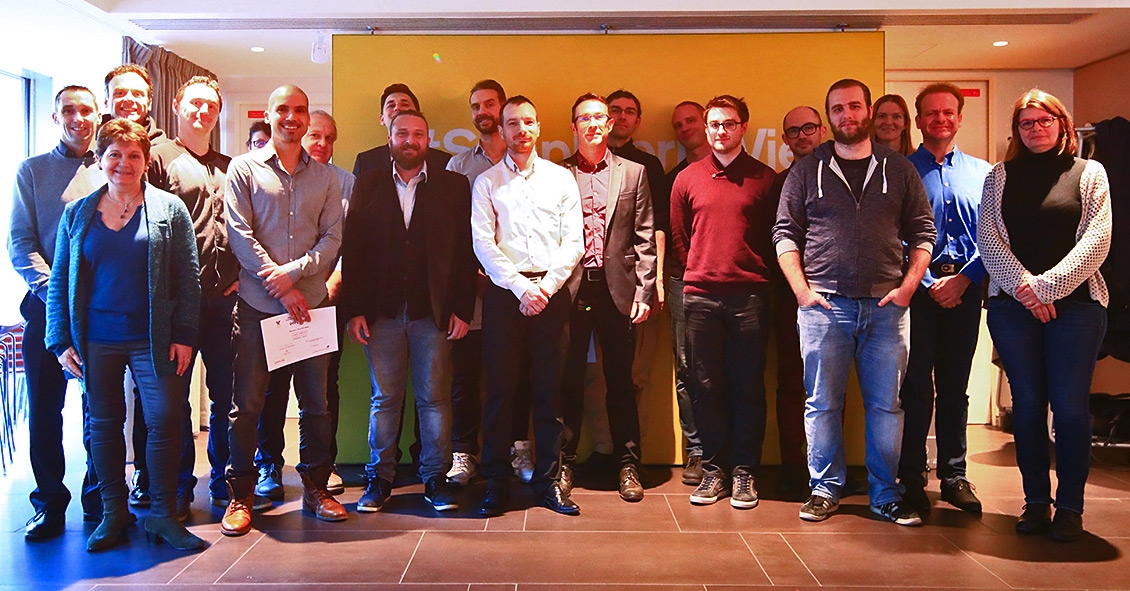Laetitia : Since finishing my professional baccalaureate in architectural modelling, I've aspired to re-enter the world of design. The role of mail carrier brings with it some professional satisfaction, in customer relations for example, but this is not particularly production-related. Mail carriers are not craftspeople but messengers; they rarely participate in projects with a beginning and an end. Instead, they represent a vital cog in a process that takes place on a daily basis.
The partnership between La Poste and Simplon renewed my early professional aspirations in a field that is new to me: IT. Not entirely new, actually... At my post office, I was able to use a variety of software programmes dealing with processes such as delivery against signature, complaints, shipments, and so on. I realised that I had a talent for computers on the user end, and wanted to find out more about the functions and very design of these software systems.
So I considered entering the IT industry, even if it seemed far-fetched at the time. La Poste gave me this opportunity with Simplon. I wasn't entirely confident, but I told myself I had to go and try it out. And it worked, luckily for me!

